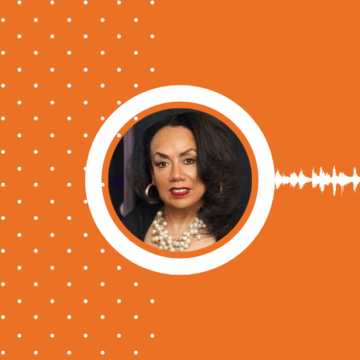Financial independence means having the freedom to make life decisions without being controlled by financial stress.
Free tools like budgeting, financial counseling, and online education can help you build a stronger financial future.
Everyone’s financial story is different—but taking that first step is what moves you forward.
What is Financial Independence?
Financial independence means having the ability to make life choices without being overly stressed about money. For some, it’s about paying off debt.paying off debt. For others, it’s building savings, buying a homebuying a home, or feeling confident they can weather a financial emergencyfinancial emergency.
Whatever season of life you’re in—student, parent, worker, retiree, or somewhere in between—feeling financially secure changes everything.
If you’re worried about rising prices, high interest credit card debt, or just feeling stuck in your money habits, this might be the perfect time to reclaim your financial independence. Unsure where to begint? We have a few suggestions.
Start With Free Financial Counseling
Before you dive into budgets and goals, consider talking to someone who truly understands the financial challenges you’re facing. GreenPath offers free, confidential financial counseling from NFCC- and HUD-certified experts who listen without judgment and provide personalized guidance based on your unique situation.
Whether you’re overwhelmed with credit card debt, struggling to make ends meet, or just need help creating a workable budget, our caring counselors are here to help you:
- Understand your full financial picture
- Explore debt repayment and credit options
- Create a personalized plan to move forward
There’s no pressure—just real help from real people who care about your financial wellness.
What are your financial goals?
Build a Budget That Works for You
We say it often because it’s true: a budget is the foundation of financial freedom. It’s not about restricting yourself—it’s about telling your money where to go instead of wondering where it went.
Try starting with the 50/30/20 rule:
- 50% of your income for needs (housing, food, bills)
- 30% for wants (dining out, hobbies)
- 20% for savings and debt payoff
Set aside time to review your monthly income, expenses, and debt. Track your spending habits, identify areas to cut back, and look for ways to redirect money toward what matters most—whether that’s saving, paying off credit cards, or reducing stress.
Protect Your Progress with an Emergency Fund
An emergency fund is one of the best ways to protect your financial independence. Life happens—unexpected car repairs, medical bills, or temporary job loss can derail even the best budget. Start small: set aside whatever you can, even if it’s just $10 a week.
Automating deposits into a separate savings account makes it easier to stay consistent. Over time, your safety net grows—and so does your confidence.
Set a reminder to transfer a small amount of your earnings to savings after each paycheck. Review your savings amount every few months to see if there’s room for incremental increases.
Invest in Your Financial Education
Let’s face it: many of us never got a real-world education on money. If you didn’t learn how to budget, manage credit, or open a savings account in school, you’re not alone.
The good news? Today’s digital tools make learning about personal finance easier and more accessible than ever. Whether you’re buying your first car, managing debt, or planning for a big purchase, free resources can guide you every step of the way.
Start learning
Get Inspired by Real Financial Journeys
Behind every financial struggle is a real person doing their best—and often, a powerful story of perseverance. From overwhelming student loan debt to unexpected medical bills, these stories are reminders that you’re not alone in your challenges.
Sometimes, the best motivation is knowing others have been there—and found their way through.
Listen and learn
Start Where You Are
Behind every financial struggle is a real person doing their best—and often, a powerful story of perseverance. From overwhelming student loan debt to unexpected medical bills, these stories are reminders that you’re not alone in your challenges.
You Might Also Be Interested In…
What You Will Learn
- Strategies to reduce financial stress
- Tips for navigating difficult conversations around money
- Ways to improve your relationship with money
GreenPath Financial Service
GreenPath, A Financial Resource
If you’re interested in building healthy financial habits, paying down debt, or saving for what matters most, take a look at these free financial tools.










